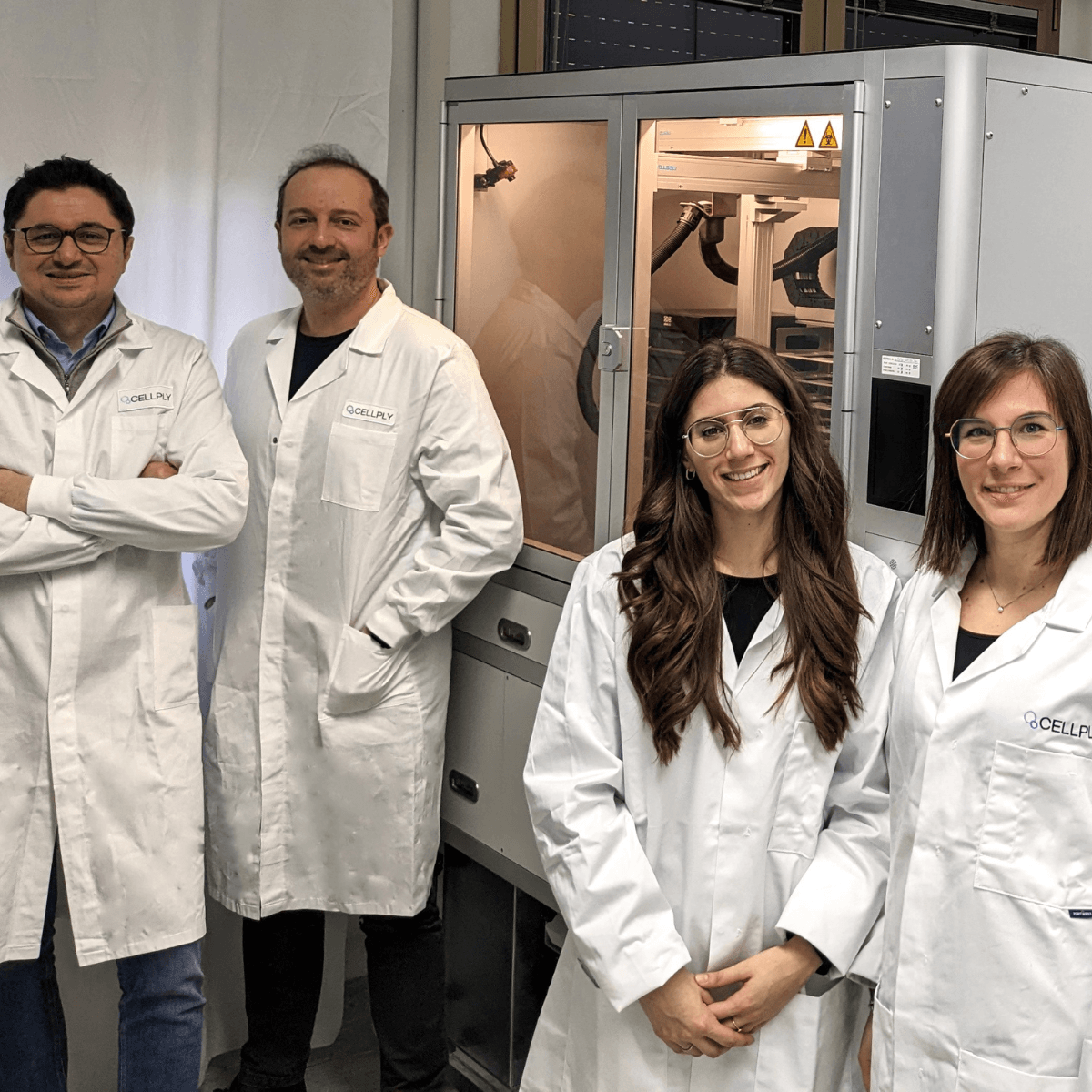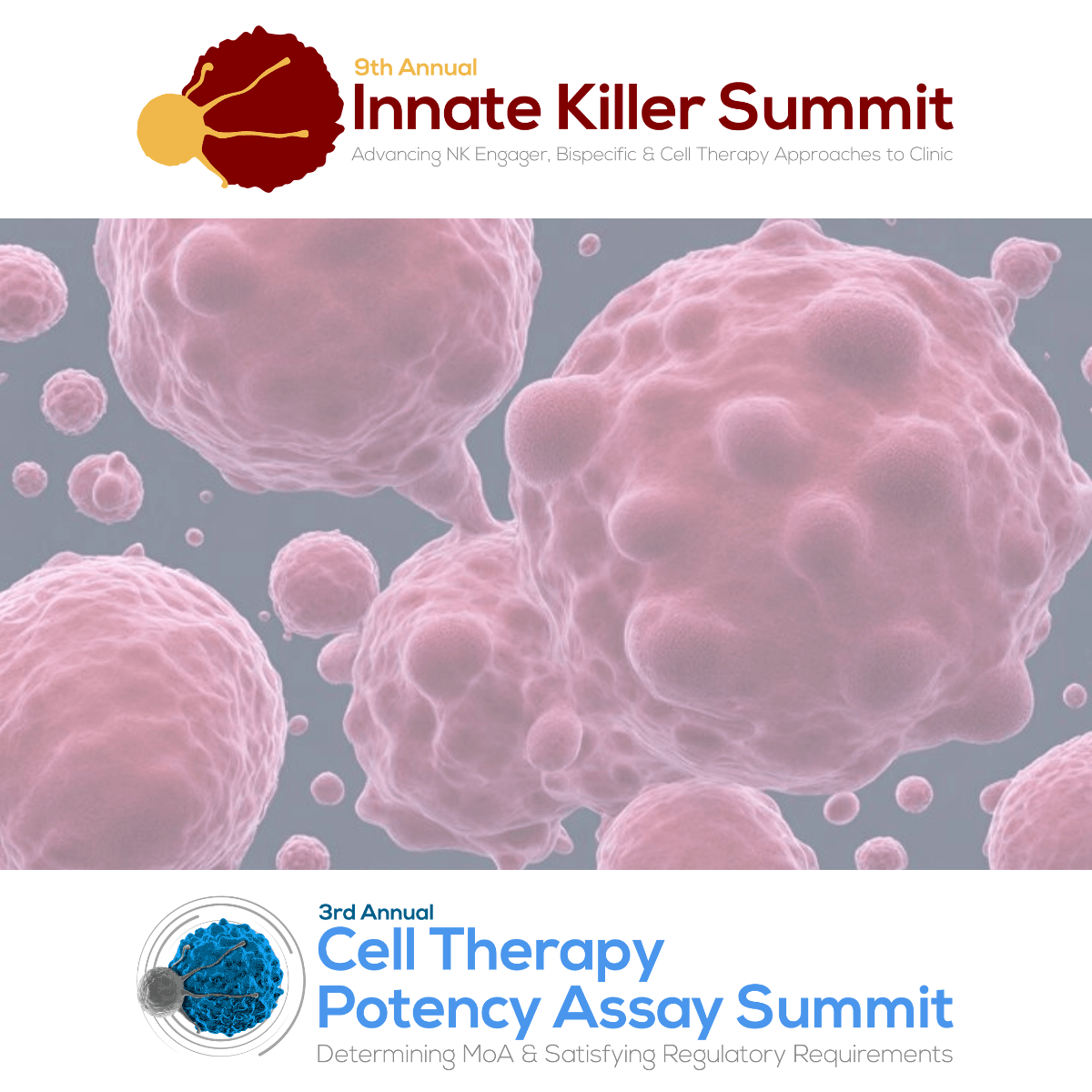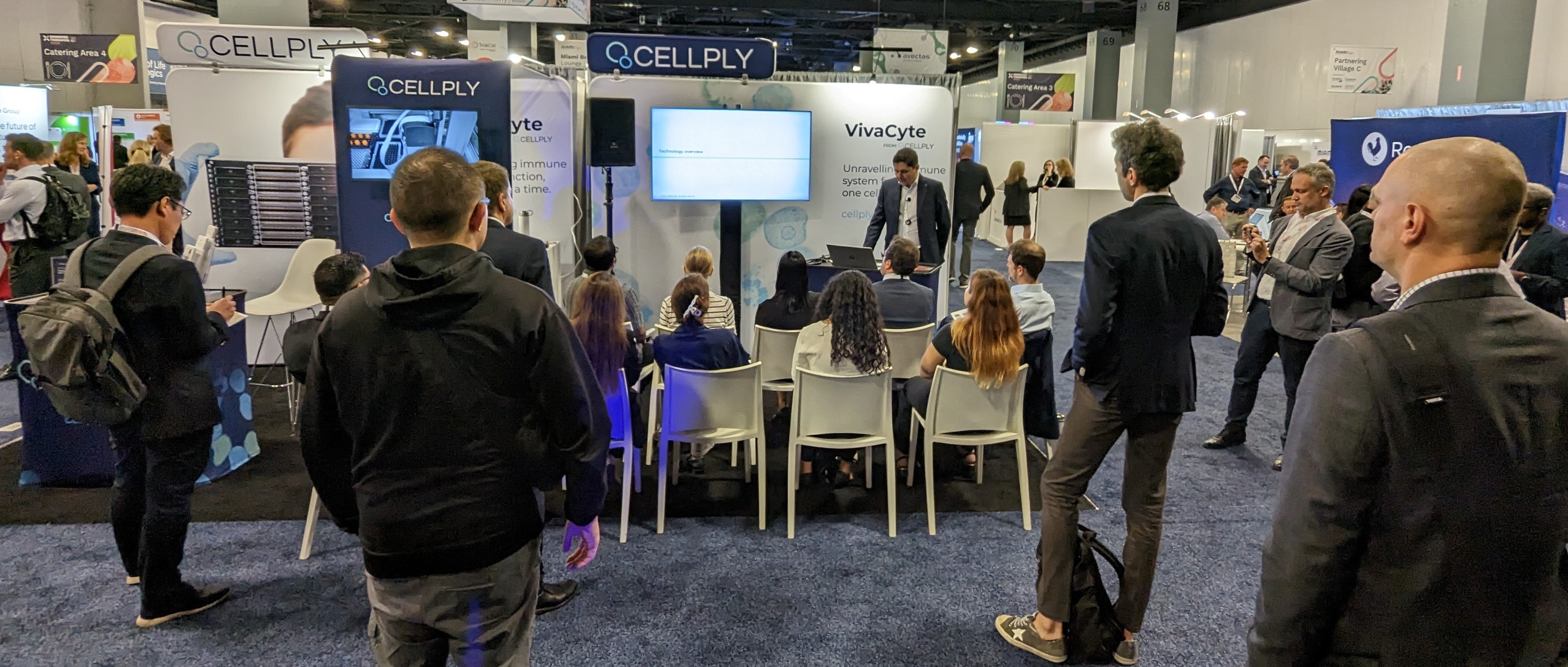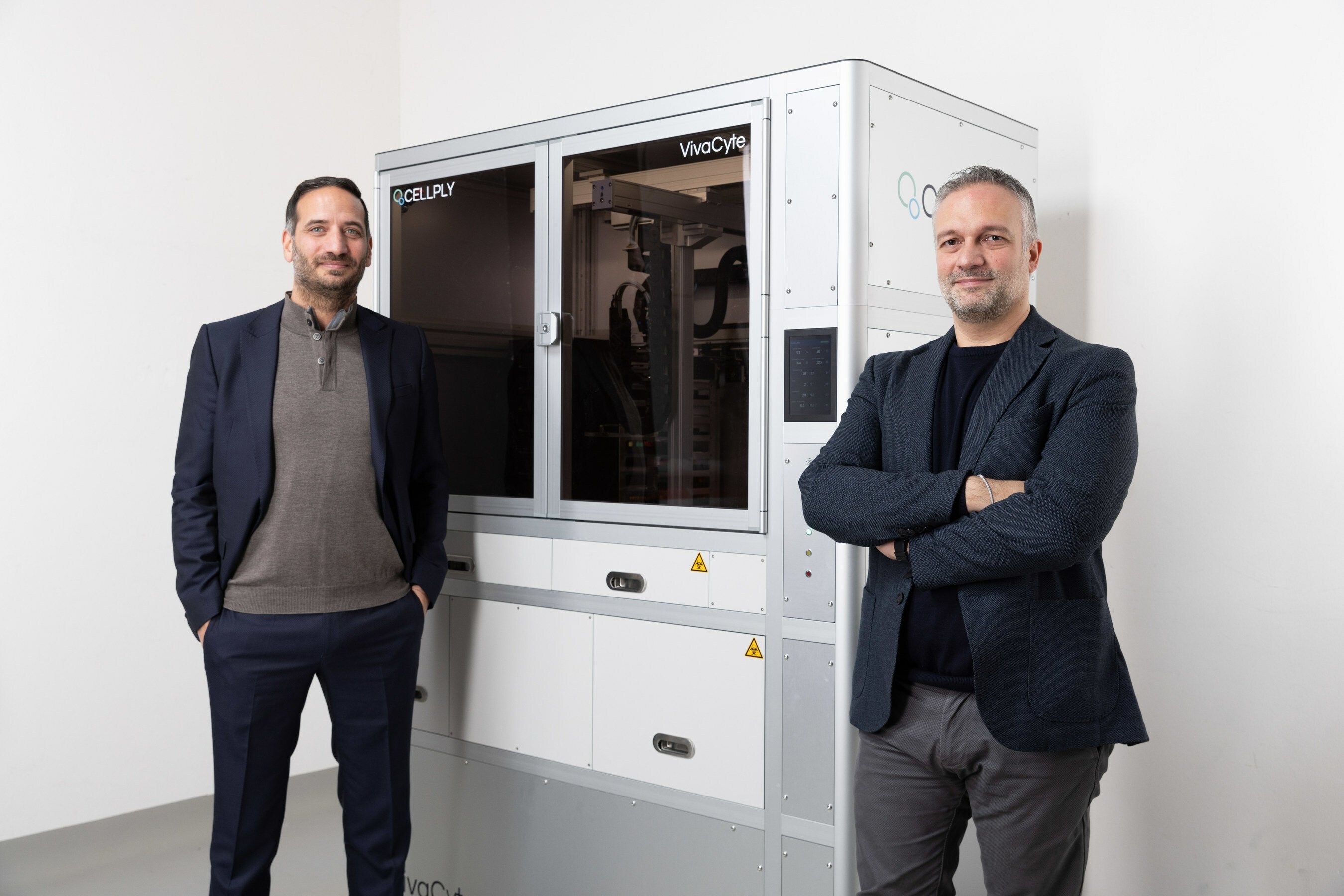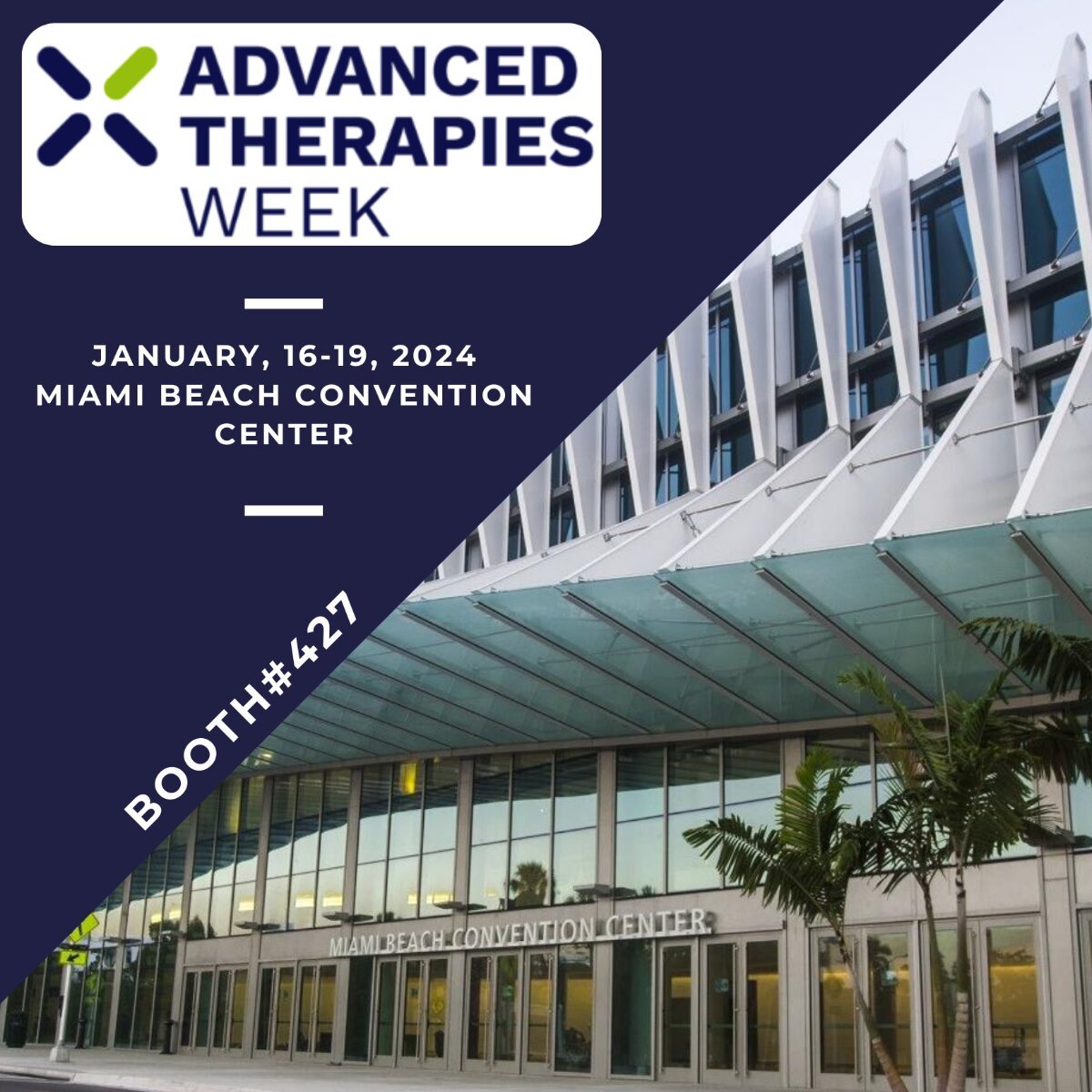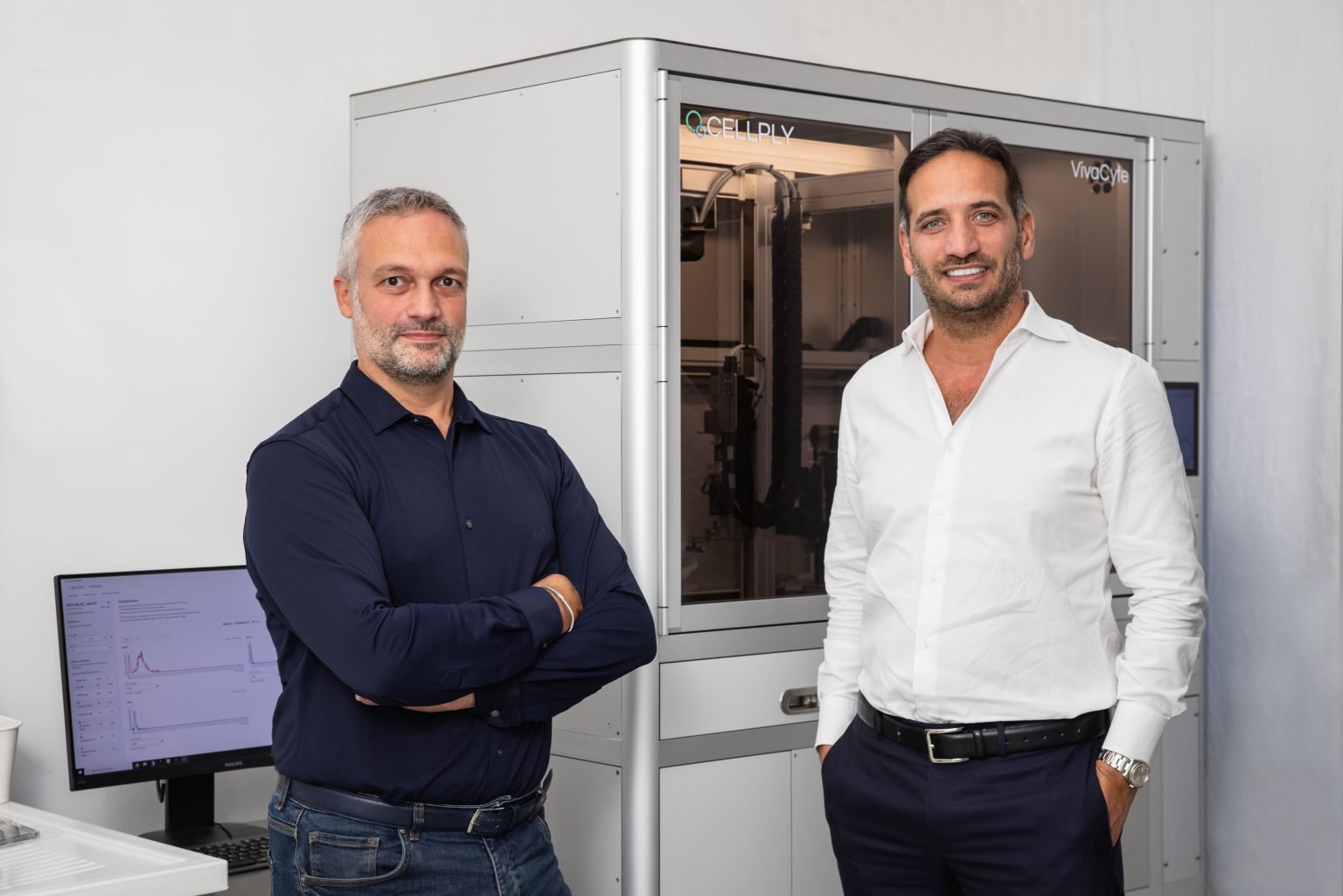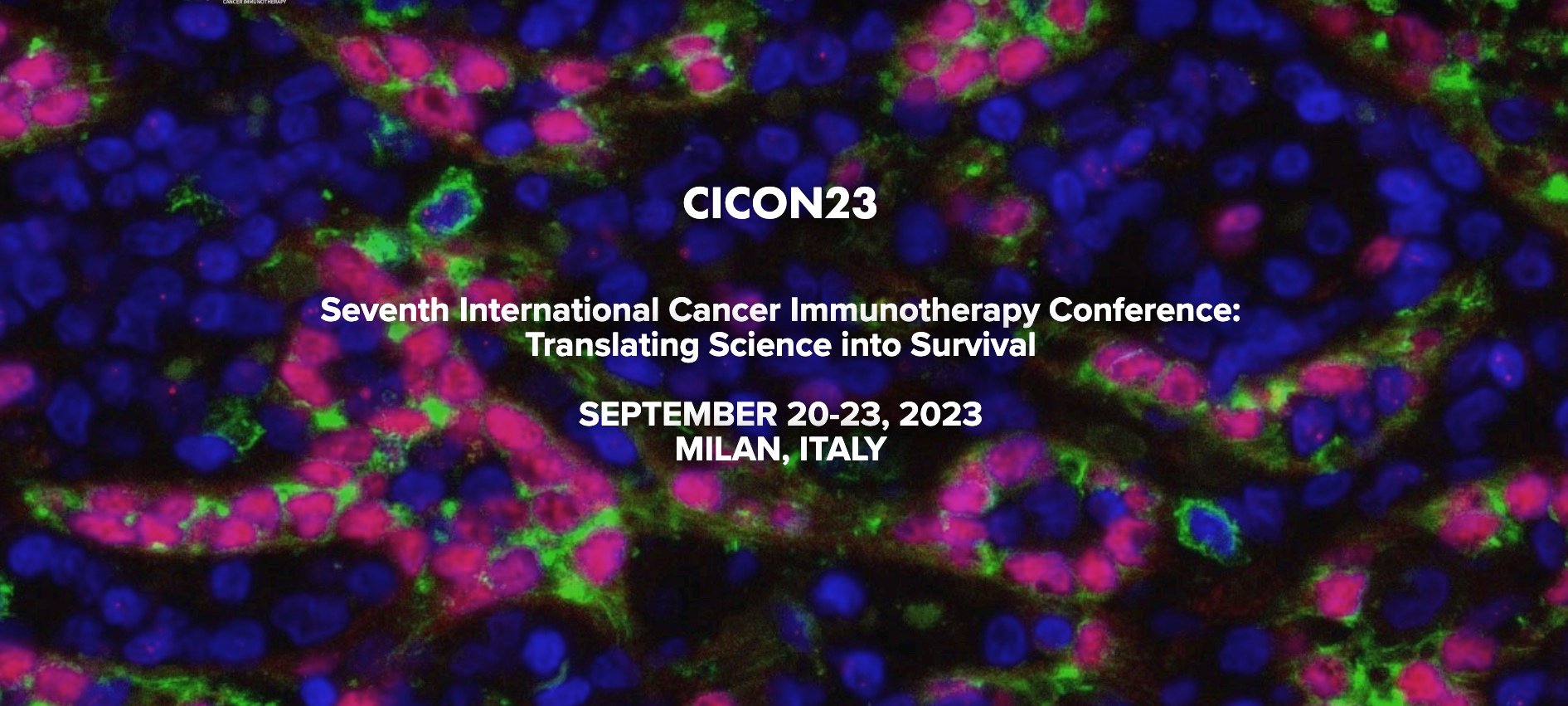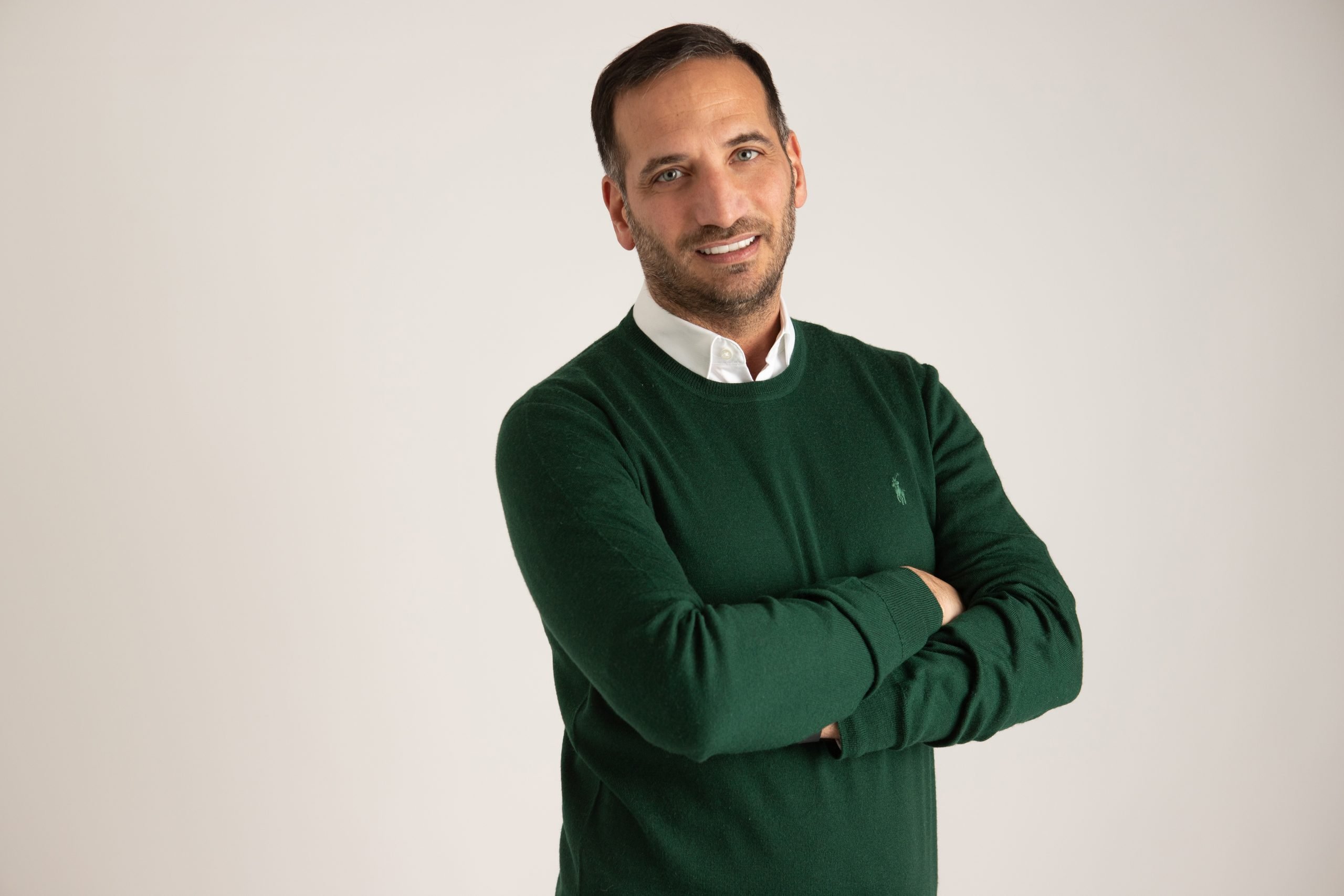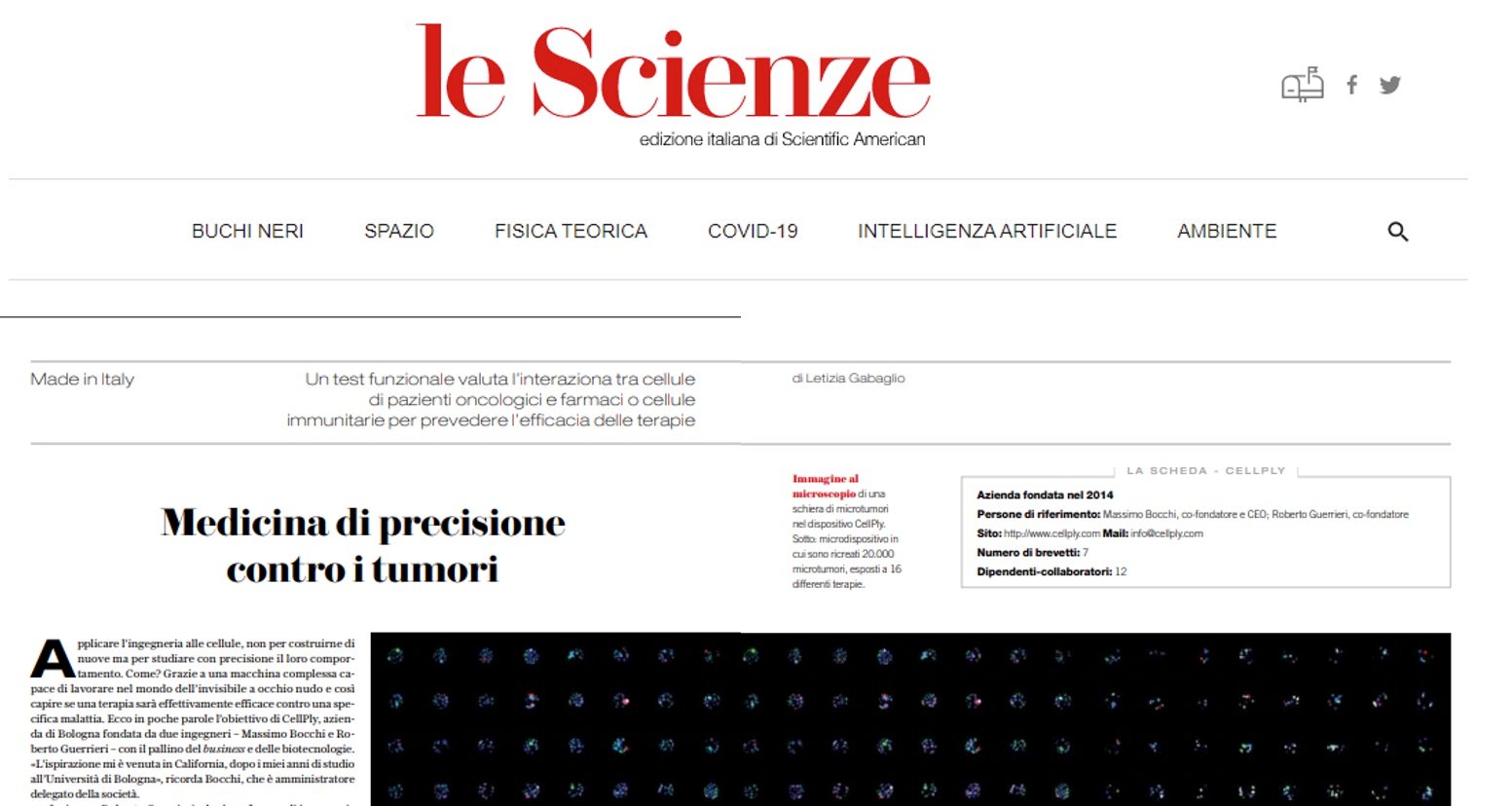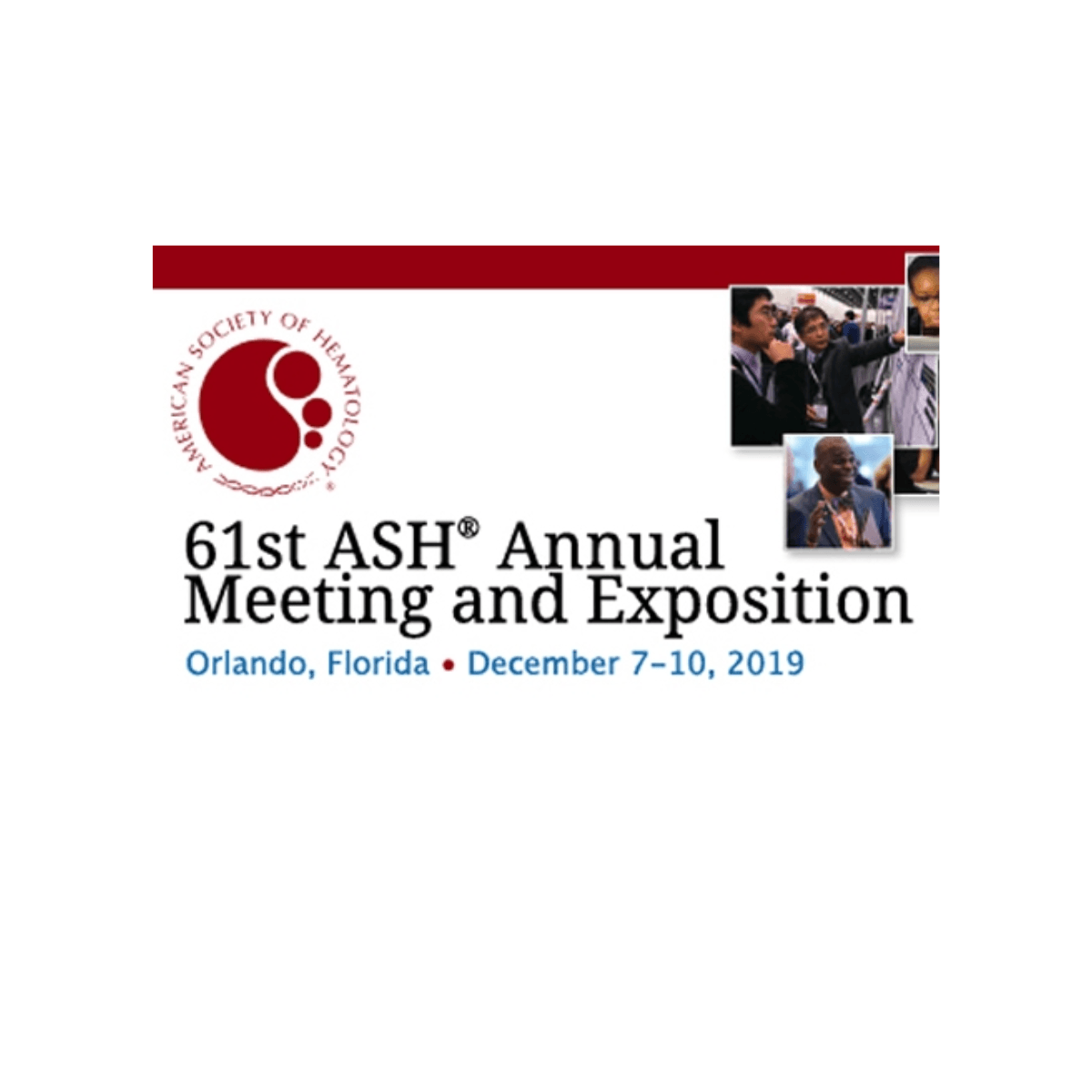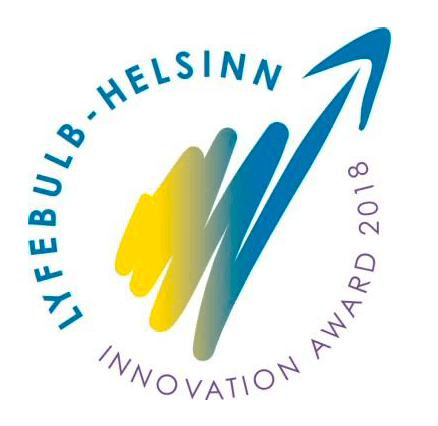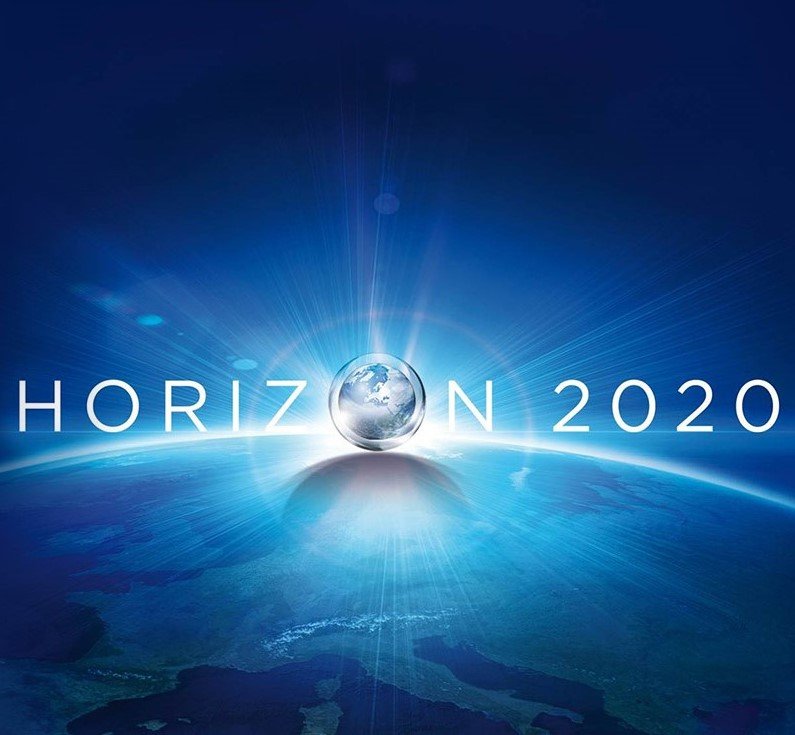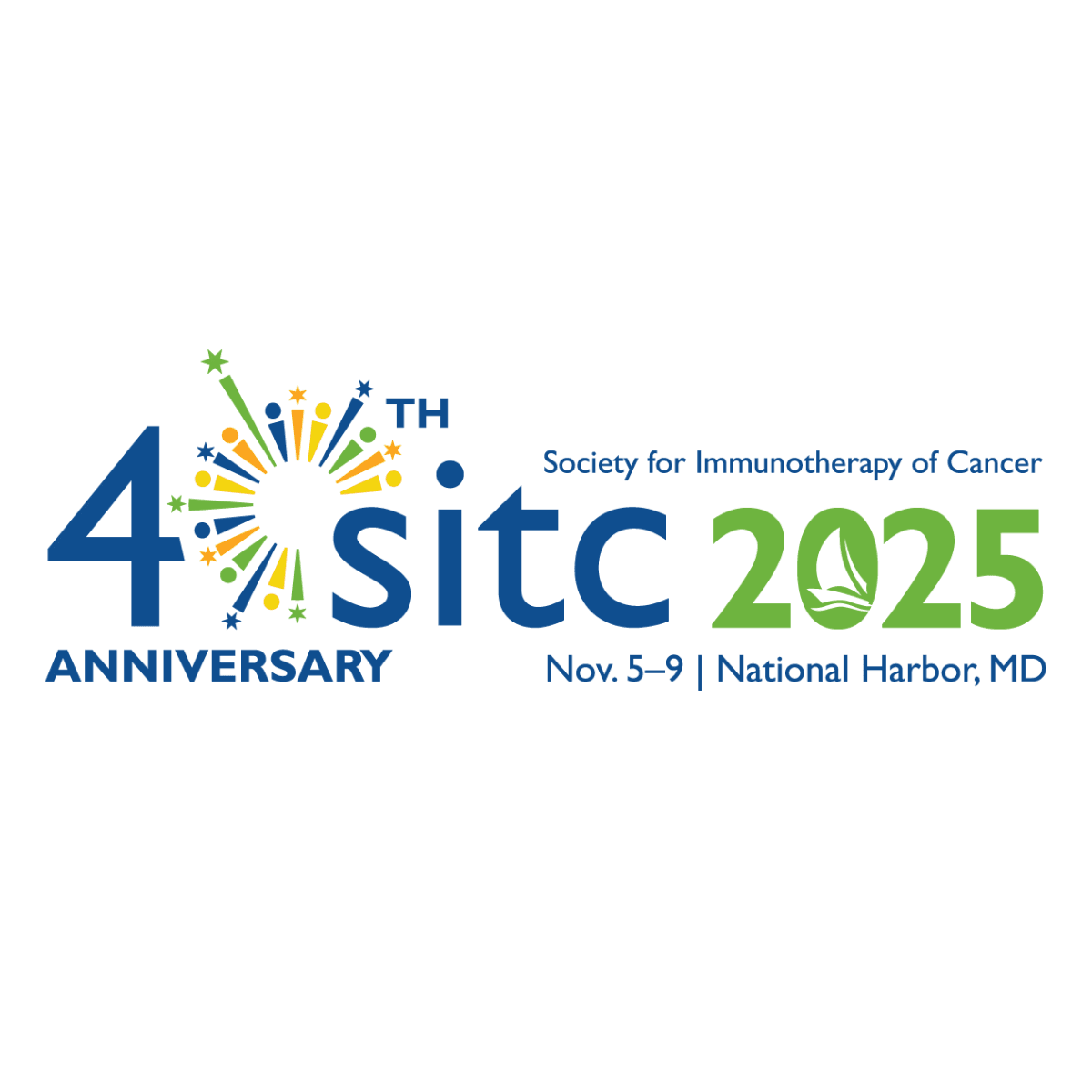
Advancing TCR-based Cell Therapies & Bispecific Approaches
Advancing TCR-based Cell Therapies & Bispecific Approaches
With commercialization accelerating for TCR-based therapies against solid tumors, all eyes are on next generation TCR engineering approaches and assessment of their solid tumor persistence.
Day two of the 5th TCR-based Therapies for solid tumor summit in Boston, MA, will see a focus on innovative approaches for enhancing efficacy and exploring patient centric perspectives. Featuring VivaCyte users Tcelltech and DKFZ, who will be unveiling how they bolster T-cell persistence and develop multiplexed TCRs.
Benefitting from early access to the VivaCyte platform via Cellply’s Early Adopter Program initiative, Richard Harbottle and Michael Platten shared how they had worked with the in-house experts to drive forward the utility of Cellply’s proprietary CC-Array technology for the assessment of adherent cell models.
The ability to target solid tumors robustly and improve persistence are key industry challenges. The teams at DKFZ and Tcelltech are actively addressing this two-fold; through AI-guided development of next generation TCR modalities created using unique DNA-based editing techniques.
VivaCyte has been able to rapidly provide an unprecedented level of wet lab adherent-cell data. Such data plays a fundamental role in the understanding of the immune cell killing ability of their novel TCR constructs. In addition, by using standardized and operator-independent experimental and analytical methodologies, their data is directly comparable enabling ranking of their development pipeline.
Rapidly expanding to include TCR antibodies, soluble TCR mimics, and innovative combinations with modalities like NK cells, mRNA, and checkpoint inhibitors, investor interest in these is high. The need to comprehensively characterize, understand, and compare these therapies has never been greater.
Dr Richard Harbottle, Head of DNA Vector Research Group, DKFZ
- Explore how non-viral vectors mitigate risks associated with insertional mutagenesis, ensuring safer TCR-T therapies
- Discuss the streamlined clinical-scale manufacturing processes of non-viral methods, reducing costs, accelerating production timelines, and reducing complexities in TCR-T cell therapy development
- Delve into the controlled gene expression and broader applications for DNA Vectors, enabling more efficient, economical, and safer genetic engineering of cells
- Regulatory challenges: discuss potential solutions for implementing personalized TCR–transgenic T-cell therapies
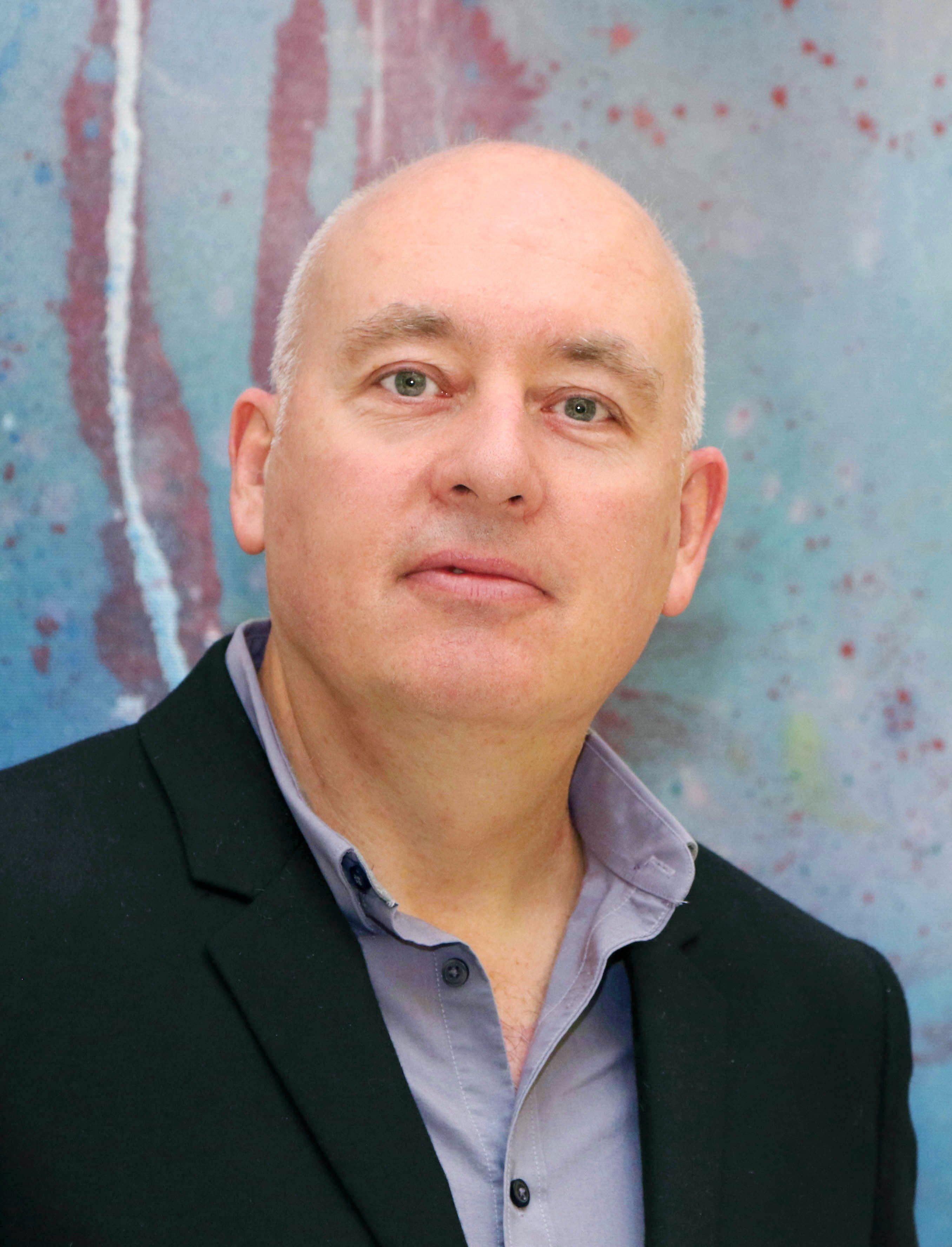
Professor Michael Platten, MD, Founder and Managing Director Tcelltech & German Cancer Research Centre
- predicTCR – a machine learning classifier for rapid, scRNAseq- based identification of tumor-reactive T-cell receptors for personalized T-cell therapy
- Discuss strategies to identify patient-specific tumor-reactive TCRs for personalized T cell therapy
- Manufacturing personalized TCR-transgenic T-cells: explore methodologies ensuring clinically viable turnaround times










